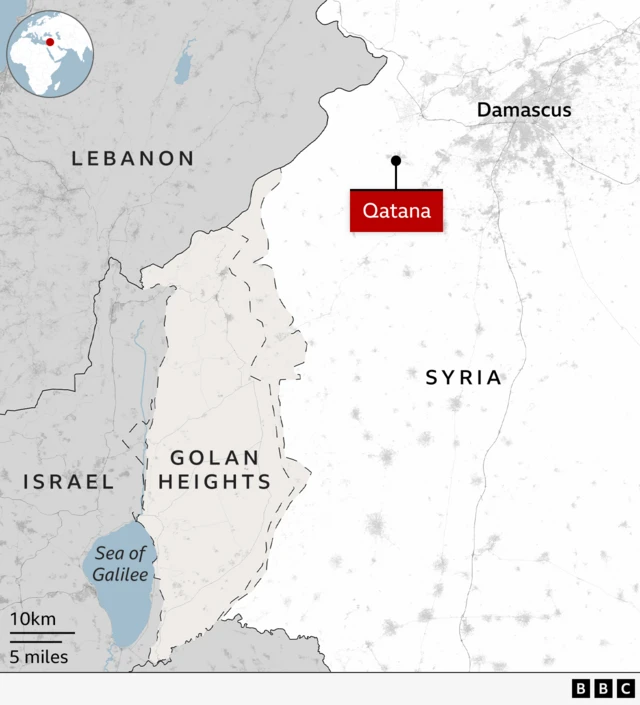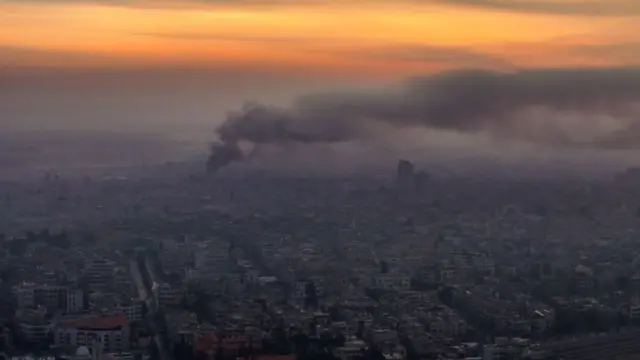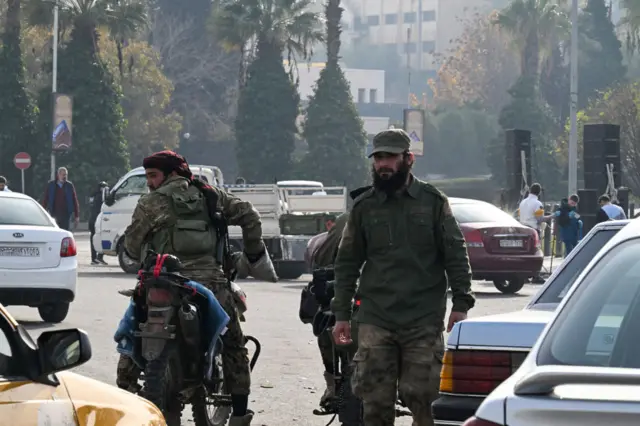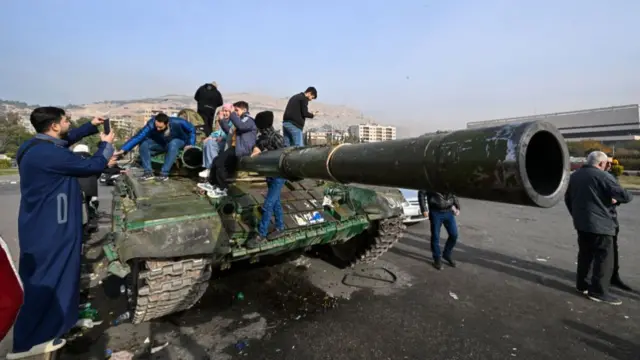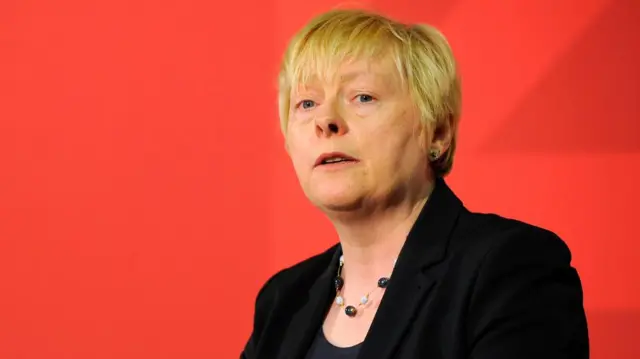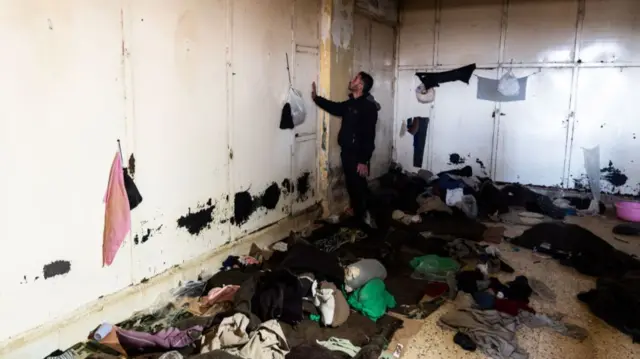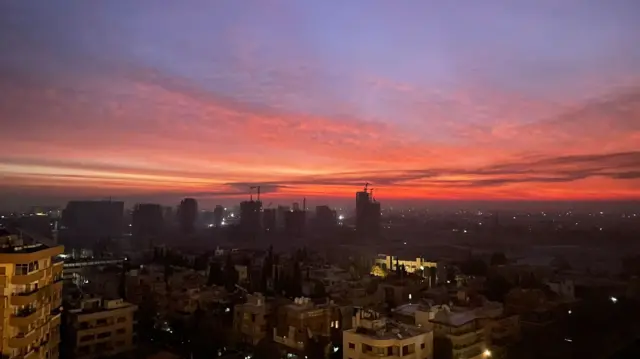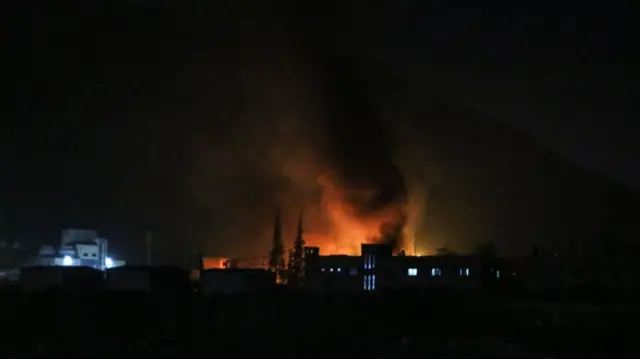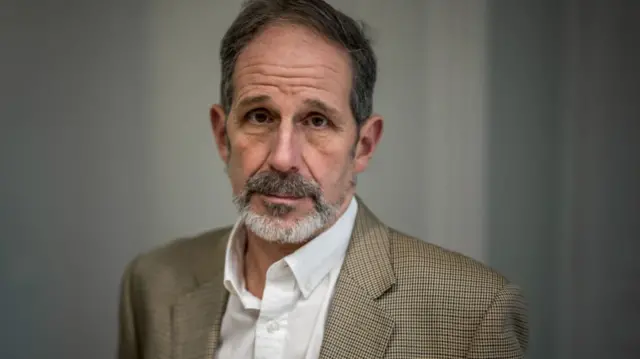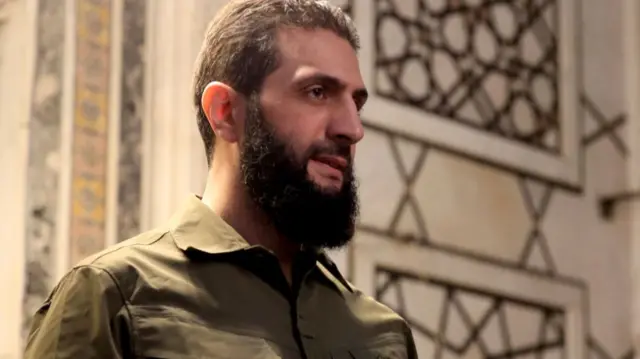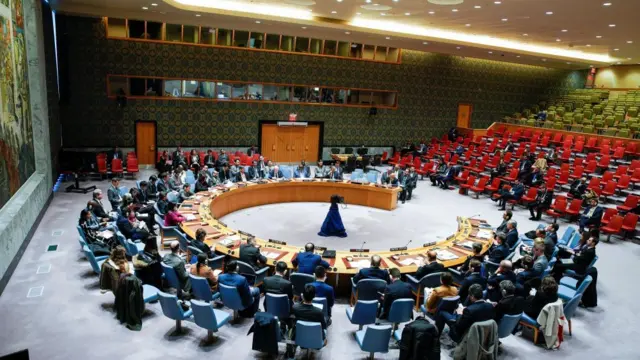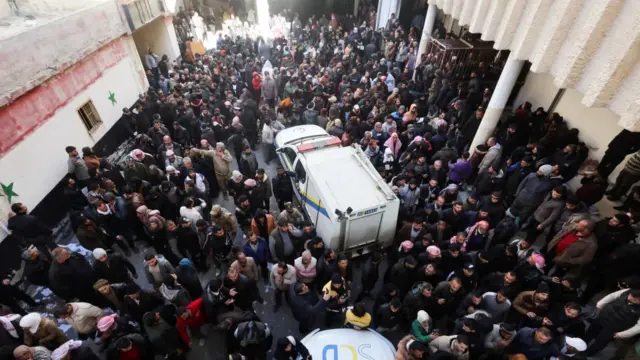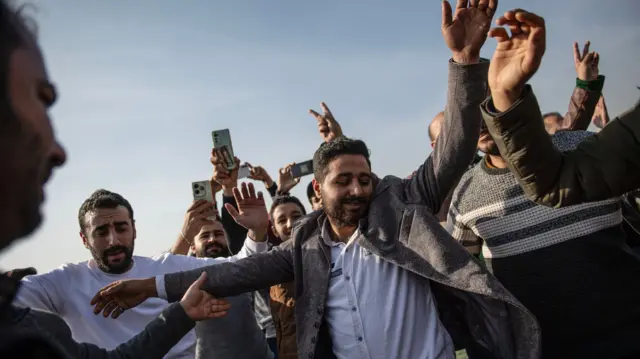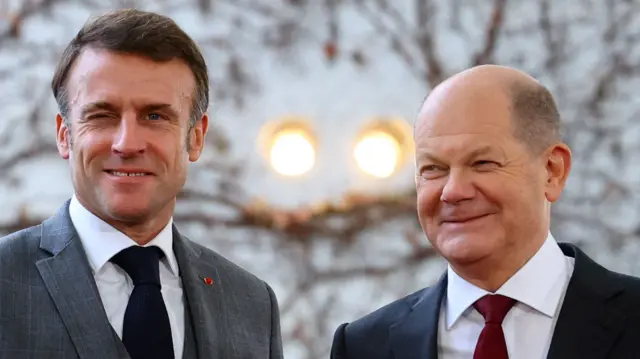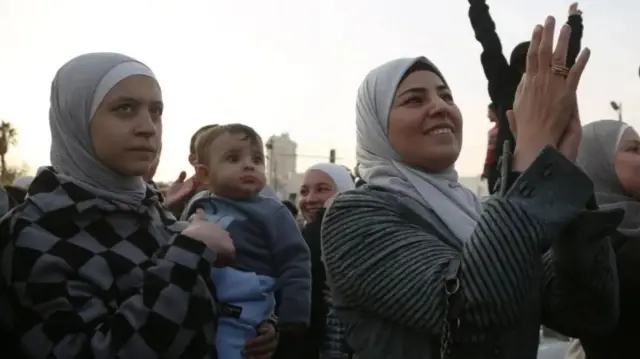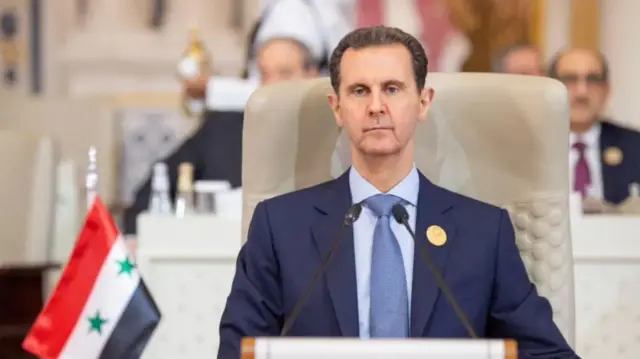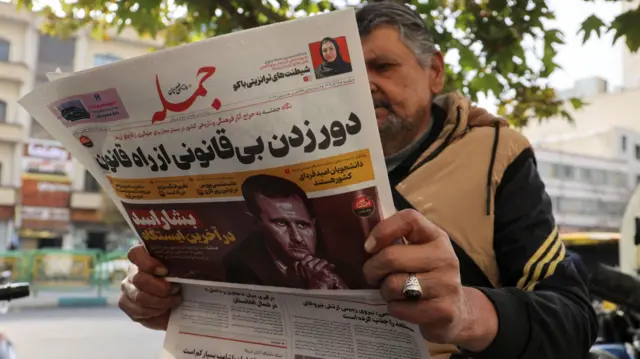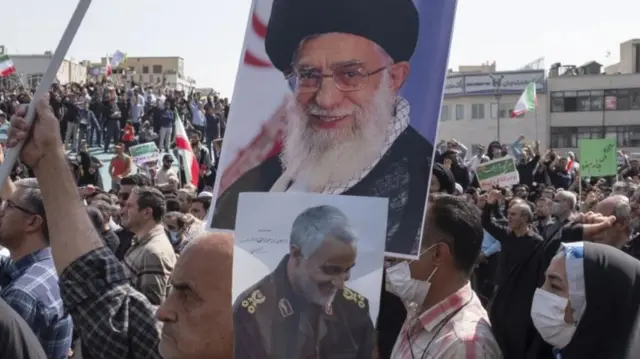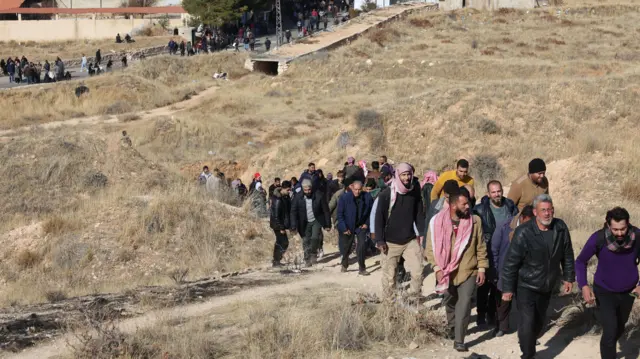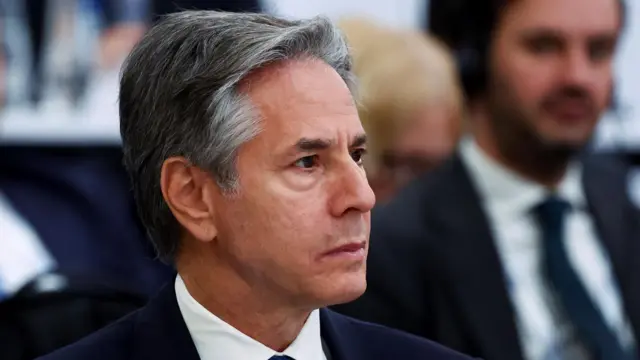Israeli forces deny crossing into Syrian territory beyond buffer zonepublished at 09:25 GMT 10 December 2024
The Israeli Defense Forces (IDF) has denied reports that Israeli tanks are advancing towards Damascus.
A source quoted by Reuters news agency earlier said that the Israeli military was 25km (15 miles) from the Syrian capital and that troops had reached Qatana, which is 10 km (six miles) into Syrian territory east of a demilitarised zone separating Israeli-occupied Golan Heights from Syria.
An IDF official tells the BBC that their forces are stationed "within the buffer zone, as stated in the past".
"Reports circulating in the media about the alleged advancement of Israeli tanks towards Damascus are false," the official adds.
On Sunday, Israel's prime minister announced that its military has temporarily seized control of the demilitarised buffer zone in the Golan Heights, a rocky plateau in south-west Syria, extending towards north-east Israel.
It follows Syrian rebel fighters capturing the capital, Damascus, and toppling Bashar al-Assad's regime.
